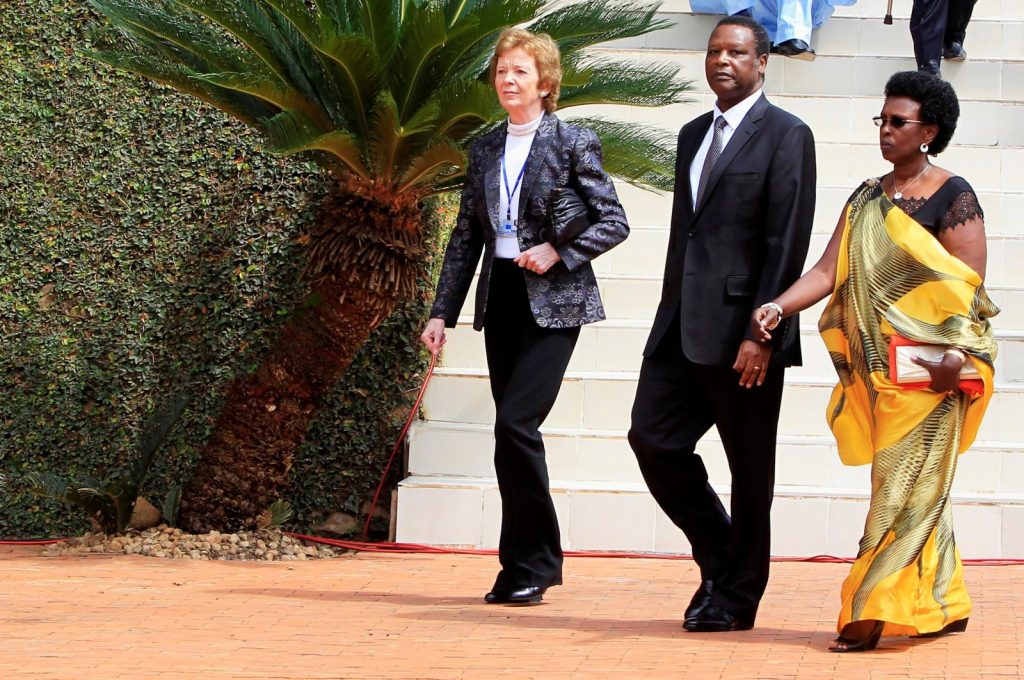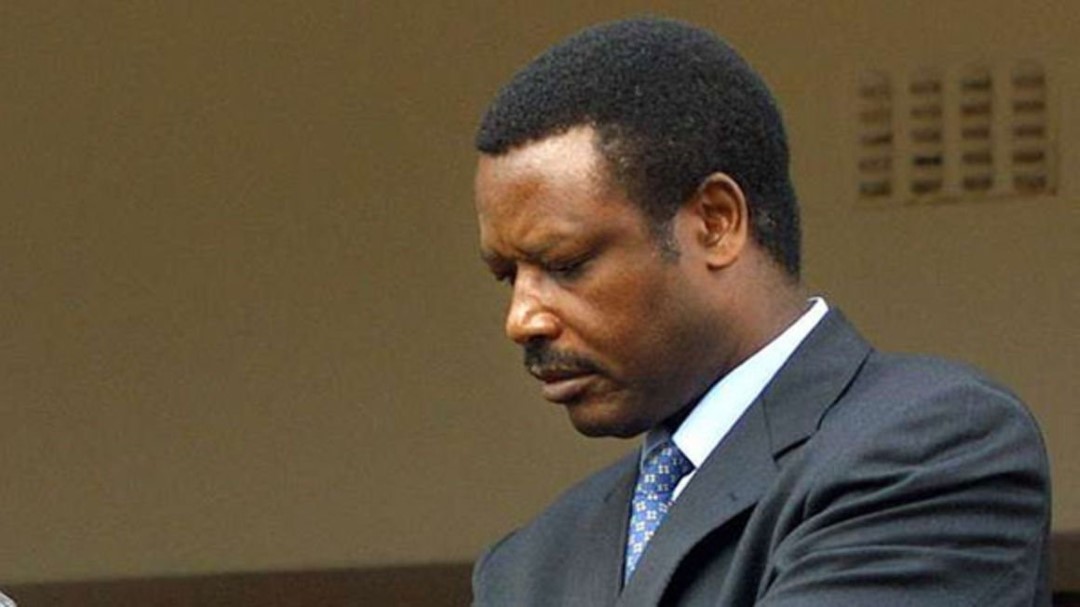Former Burundian president Pierre Buyoyoa has been sentenced to life in prison by Burundi’s top court for the murder of another president who defeated him in elections in 1993.
The death of Melchior Ndadaye who had defeated Buyoya to become Burundi’s first freely elected president plunged the country into a 10-year civil war that killed more than 300,000 people and displaced millions.
The court also sentenced 18 others for the death of Ndadaye. Three of those sentenced were handed 20 years each in jail.
Buyoya currently serves as the African Union’s High Representative for Mali and the Sahel, and like most of those convicted, he did not appear in court or enter a plea, as they no longer live in the country. He came into power through a military coup in 1987 before stepping down after his electoral loss to Ndadaye in 1993.
The court also ordered that those sentenced collectively pay a fine of 103 billion Burundian francs ($54 million).
Ndadaye became the latest victim of Burundi’s ethnic power squabbles when he was shot dead along with several cabinet ministers in an ambush by ethnic Tutsi soldiers four months after he won the election.
That attack triggered a vicious war between Tutsi soldiers and Ndadaye’s Hutu-dominated FRODEBU movement.
Hutus make up the largest composition of Burundi’s population, with at least 85% of the population.
FRODEBU was Burundi’s largest political party before Buyoya, a Tutsi seized power again in a 1996 military coup.
Among those sentenced with the former president include former deputy presidents Busokoza Bernard and Alphonse Marie Kadege.
Busokoza fled abroad in 2015, and was charged in the same year over involvement in the failed 2015 coup attempt.
Meanwhile, Kadege fled in 2006 after being arrested and tortured by the SNR intelligence service for attempting to overthrow the then president Pierre Nkurunziza, who died in June.
Ndadaye’s successor Cyprien Ntaryamira and Rwandan President Juvenal Habyarimana died in 1994 when a plane carrying them was shot down by a rocket over Rwanda’s capital Kigali, triggering the Rwandan genocide in which over 800,000 people were killed.
“We reject these judgments, which are in no way binding on us,” Buyoya, currently the African Union’s representative in Mali, said in a statement.

“This case is a purely political trial,” he said, suggesting that Burundi’s current government was exploiting it for electoral ends.
He added that defense lawyers had been blocked from accessing case files and that the trial violated the 2000 Arusha peace accord that helped end Burundi’s civil war.
“In other words, the evidence of the facts alleged against the defendants was never presented or demonstrated,” he said.
In November 2018 Burundi issued an international arrest warrant against Buyoya, which he denounced as “another diversionary move aimed at burying painful, unresolved questions” on a political crisis gripping the country after a disputed 2015 election.
The ex-leader also argued that the courts had already convicted the officers who killed Ndadaye. In 1998 a dozen low-ranking soldiers were convicted of the murder.
“The government is shouldering the heavy responsibility of breaking this pact and setting the country on the slippery slope of hatred, division and injustice,” he said.

